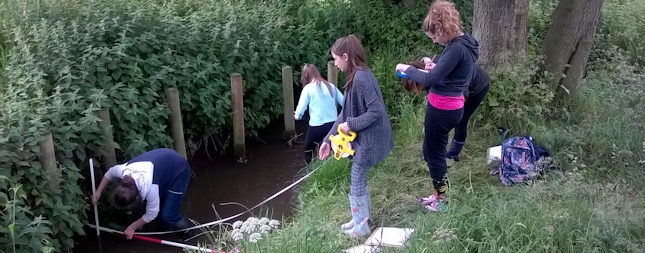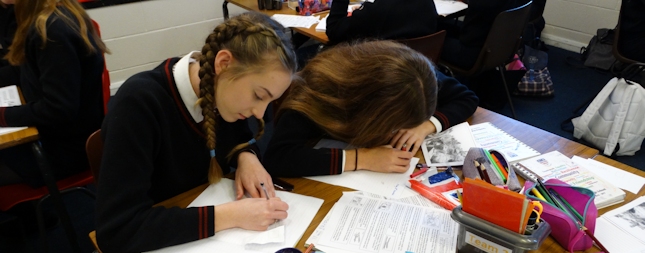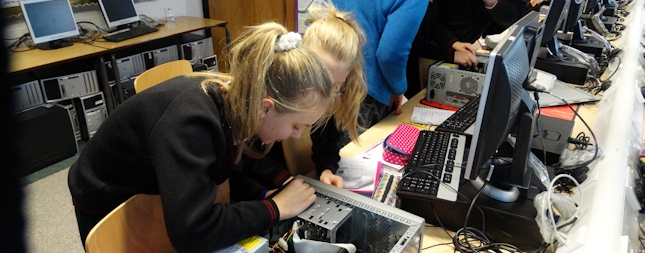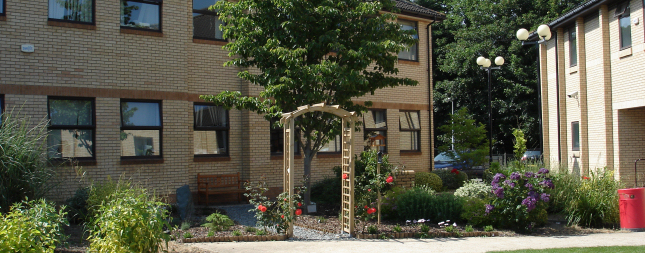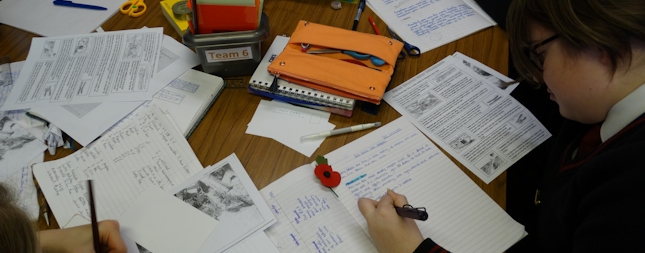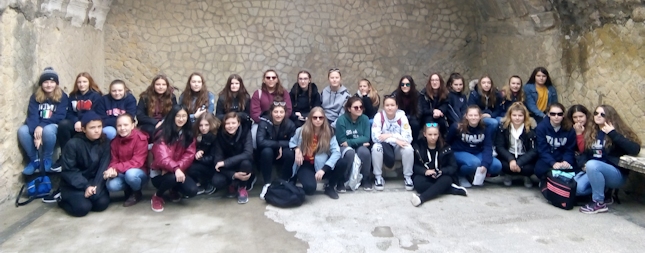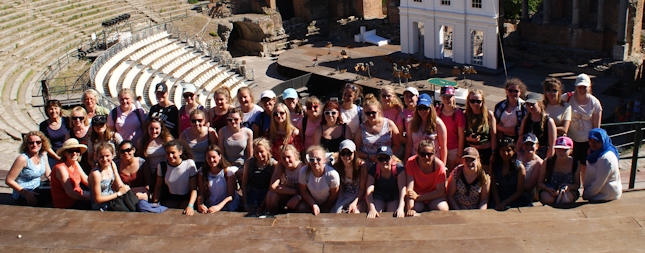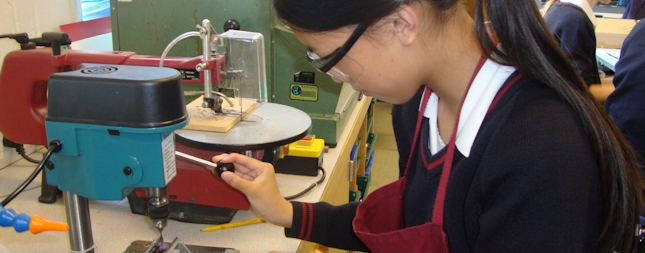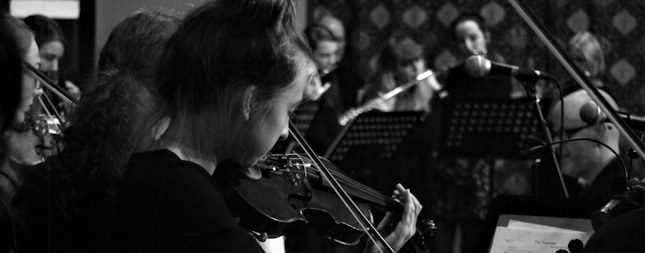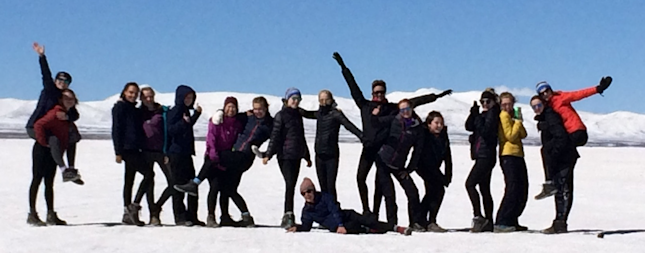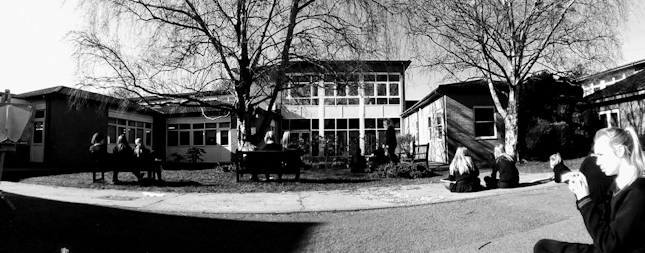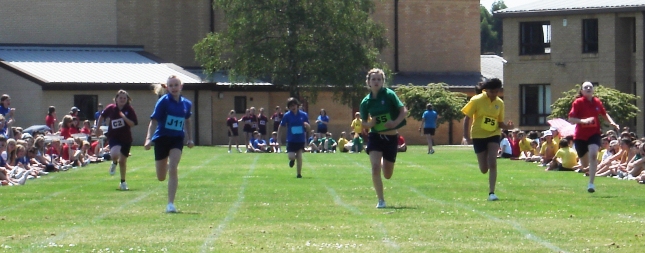Our aims and aspirations for students of Food and Nutrition
As part of their learning with food, pupils will be taught how to cook and apply the principles of nutrition and healthy eating. Instilling a love of cooking allows pupils to open a door to one of the greatest expressions of human creativity. Learning how to cook is a crucial life skill that enables pupils to feed themselves and others, affordably and well, now and in later life.
Our Food & Nutrition curriculum is designed to allow every pupil access, across all key stages, to an ambitious, creative rich learning experience. To expand their knowledge of health, nutrition and the food science underpinning their repertoire of culinary skills. The repertoire is predominantly savoury and focused on increasing consumption of seasonal vegetables, fruit, wholegrain carbohydrates and sustainable vegetable protein.
Through careful structure and logical sequencing of lessons all students’ make progress to the best of their ability, always encouraged to aim high. Ultimately students manage a range of complex cooking skills simultaneously, within lesson time, ensuring both safe and delicious food.
We reflect the uniquely rich and diverse environment of south Lincolnshire, drawing upon elements familiar to our students; agriculture, arable and livestock farming, food manufacture and crop research.
We widen their knowledge of cuisines from other cultures and countries with students actively making decisions and choices to reflect their individual preferences of cuisine, religion or dietary need, for example the use of vegan, halal, kosher or gluten free ingredients.
The extent and rigour of research into our subject is fast paced and sometimes contradictory. To ensure correct subject content is taught, we constantly update our curriculum, keeping our pupils abreast of vital knowledge to affect change and empower their decisions with regard to their health, their environment and ultimately into their community, local economy and their later life. This is addressed through integrating the latest scientifically rigorous knowledge relating to nutrition, health, life stages, food scarcity, pollution and seasonality.
We benefit from an effective local support network who can provide learning experiences for students such as experts from local industry who, for example, visit KS5 to impart professional talks on subjects such as pathogenic bacteria, hazard analysis and law regarding compliance for safe food production. Each year students gain invaluable work experience with these local employees. Several go on to take up apprenticeships after the Level 3 Diploma or at graduate level.
To ensure each pupils’ knowledge, understanding and application of skills we assess each practical lesson and include a core assessment task in each year. These focus on range of food science principles through to application of nutritional principles for a specific dietary requirement. Each task promoting stretch and challenge, including higher order thinking and questioning skills, especially during practical where applied knowledge becomes a practical skill, e.g. fermentation of a biological raising agent or gelatinization of starch in Years 7 and 8. In Year 9, an extended core assessment task to encompass healthy eating and promote peak bone mass by designing a meal for teenagers.
To further, reinforce and aid individuals’ progress we actively reflect and review their achievements with either the teacher, their peers or themselves. To embed literacy and numeracy confidently and accurately throughout their learning.
Once pupils’ make option choices in Year 8 we then commence GCSE style studies in year 9. Taught by a team, providing an ambitious scheme of work aimed at the highest level but accessible by all.
GCSE and Level 3 Food science and Nutrition is taught by a specialist teacher with many years of experience, further strengthened by an industrial background in Food Science, Media, Innovative Product Development and applied Nutrition.
Our students’ post Diploma have a very successful apprenticeship record whilst most continue their knowledge and learning onto University, reading a wide array of related subjects, for example Dietetics, Nutrition, Food Science, Medicine, Food Marketing and Business, Food Technology and engineering, New product development, Agronomy, Environmental Development.
